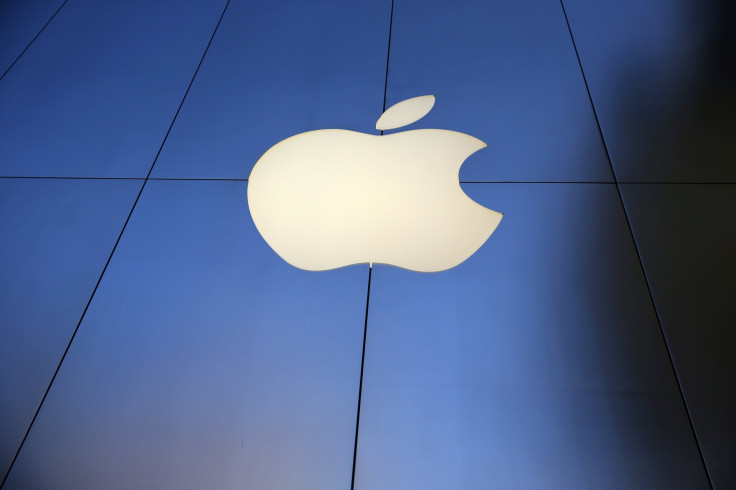Apple vs Samsung: Things to know about the two tech giants' legal battle

Apple and Samsung representatives are set to appear before the US Supreme Court on Tuesday as the two tech giants clash over patent issues.
Here are the things you need to know about the largest patent case in modern technology history.
The devices involved are no longer available
The trial may somehow be considered as “first generation” since many years and phone models have already passed since the case was filed.
Design patents
The colossal Apple versus Samsung trial back in 2012 shook up the whole electronics industry because a lot of confidential corporate information from both parties was publicly disclosed.
Apple’s argument is that Samsung copied the iPhone’s black, rectangular and round-cornered design, the bezel and the splashy layout that fit sixteen icons.
The original verdict
A jury of nine members sided with Apple in August 2012, awarding the company US$1 billion (AU$1.32 billion) in damages, although the US electronics mammoth went for US$2.75 billion (AU$3.64 billion). Samsung received nothing even though it asked for over US$420 million (AU$555.6 million) in a counterclaim.
Samsung pays up
In 2013, the judge that presided over the dispute established that the amount Samsung had to pay was inaccurate. About US$450 million (AU$595 million) of the US$1 billion (AU$1.32 billion) was nullified, resulting in a retrial later that same year.
To Samsung’s dismay, the retrial awarded Apple US$290 million (AU$383.6 million) in further damages, forcing the South Korean conglomerate to file an appeal. Samsung complied to pay Apple US$548 million (AU$725 million) in December 2015. The amount was based on the overall earnings by Samsung from the devices involved in the case.
Effects of the Supreme Court’s verdict
If Apple wins, expect further court appearances by both companies. Apple is going after Samsung for other patent violations.
If Samsung wins, expect more lawsuits. Should the Supreme Court lessen the price Samsung has to pay, the case will be brought down to a lower court which will decide the final amount.



















